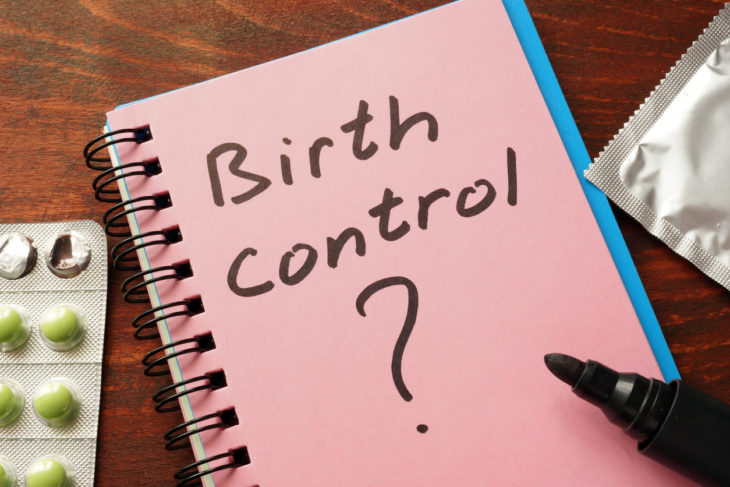
It’s certainly one of life’s great ironies; when you’re at your most fertile you take steps to prevent pregnancy and when you are ready to start a family your fertility is beginning to wane. If you’re over 30 and it seems to be taking longer than you’d anticipated to conceive, you’re probably wondering if something you did is causing your fertility to lag. You may even wonder if your chosen form of birth control has impacted your ability to conceive.
The short answer is no. Whatever form of birth control you used to prevent pregnancy (short of sterilization) has not affected your fertility. While many hormone-based contraceptives do have risks associated with their use, infertility is not one of them. In fact, according to some studies, there is no difference in the conception rate for women who have used hormonal contraceptives and those who haven’t.
Hormonal Birth Control and A Return to Ovulation
All reversible methods of birth control will help you to prevent unwanted pregnancy when you’re using them and they have zero effect on your fertility once you stop using them. However, resuming normal ovulation necessary for fertility may take some time. In fact it’s not uncommon for a woman to experience a period of time between stopping hormonal birth control (oral contraceptives, a hormone intrauterine device like Mirena, the vaginal ring or implanted birth control) and the return of your fertility. The wait time may be as long as four months so don’t despair.
For some women who have taken oral contraceptives or another form of hormonal birth control, a return to ovulation and normal fertility can happen immediately. That’s why you are encouraged, if after stopping your hormonal birth control, to take a pregnancy test should menstruation not return.
The only exception to this rule is the Depo-Provera injection. Researchers have found women who get the every-three-months injection typically take, on average 5.5 months to return to normal ovulation, however for some women it may take as long as 18 months for a normal ovulation cycle to return. This can obviously cause a disruption in your fertility.
Tubal Ligation
Tubal ligation, often referred to as “getting your tubes tied” is considered a form of sterilization or permanent birth control. The fallopian tubes are more than tied, in most cases. The tubes are cut, clamped and sealed which prevents pregnancy immediately by preventing fertilization. The procedure has the same effectiveness as when a male has a vasectomy, over 99%.
There are procedures that can be done to attempt a reversal of a tubal ligation. The success rate depends on how the tubes were “tied.” More information about tubal reversal procedure can be found here.
Copper IUD
The copper intrauterine device uses copper ions to prevent pregnancy. These ions are toxic to sperm and prevent pregnancy by destroying sperm. The copper IUD must be inserted into the uterus by your physician and removed the same way. Because no hormones are involved there is no disruption to the regular ovulation cycle and fertility is not compromised by use of the copper IUD.
Natural Methods of Birth Control
Natural birth control involves keeping track of your menstrual cycle, taking your temperature and monitoring cervical mucus. When your temperature is slightly elevated and you notice a greater amount of cervical mucus you can expect that ovulation is imminent. You can prevent pregnancy by avoiding intercourse at this time.
As this form of birth control doesn’t incorporate the use of hormones or foreign objects, it decidedly does not disrupt your fertility. Of course, as far as pregnancy prevention, the natural method of birth control isn’t as effective as other methods.
Check With Your Doctor if You Suspect Infertility
If you think you may have compromised fertility contact your physician. Infertility is defined as the inability to conceive after 12 consecutive months of unprotected intercourse. Women over the age of 35 should check with their doctor if they are not pregnant after 6 months of unprotected intercourse. Infertility affects roughly 15-35% of the population depending on reproductive age. There are several treatment options depending on your diagnosis so it is imperative that you contact your doctor as soon as you suspect you may have fertility issues.










